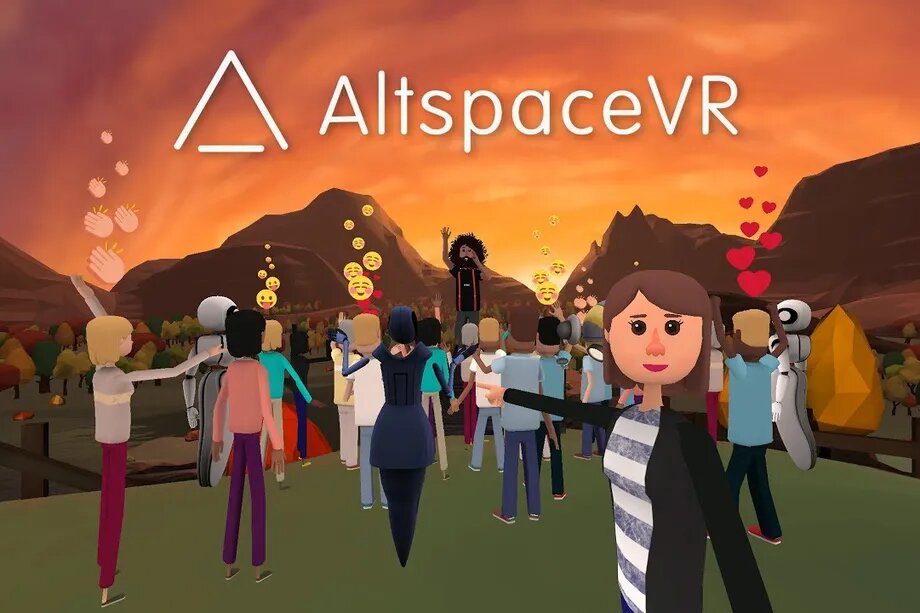The American company seeks to make the metaverse a safe environment, starting with AltspaceVR, its social virtual reality platform.
With the development of the metaverse, the companies involved are feeling the issue of security. Microsoft – which intends to offer a virtual world to professionals – wants to make it a safe place. To that end, it will start with AltspaceVR, its proprietary social virtual reality platform. “This includes helping people communicate better with those who share common interests while ensuring that the spaces they access are free of inappropriate behavior and harassment.”explains the company in a communication.
To improve security in this virtual space, Microsoft has notably closed the social centers in AltspaceVR: Campfire and News and Entertainment Commons. They made it possible to meet new friends, by spending time by the fire and eating marshmallows, or even keeping up with the latest news in terms of entertainment. The American giant also explained that the already existing security bubble is now activated by default and that new participants in the events are automatically muted.
Various changes to improve security
In addition to these actions, Microsoft plans to make other changes to AltspaceVR. Users will soon be required to use a Microsoft account to sign in to the VR platform. This new rule means that the platform will be integrated with Microsoft Family Safety, the company’s parental control software. This will allow parents to consent or limit access to AltspaceVR for family members over the age of 13. The company says it will communicate when and how parents can implement these changes in the coming months. Microsoft will also increase moderation and improve the rating of event content on its platform in the coming weeks.
If Microsoft is making all these changes to AltspaceVR, it’s because they see it as “The building block for the future of Metaverse” Wow “Safety in the environment should be part of the foundations”. It’s not the only company investing in this new world to focus on security. In early February, Meta introduced a new feature to protect users from harassment on its virtual reality platforms in a context in which two women have already claimed to be victims of sexual harassment.

“Certified gamer. Problem solver. Internet enthusiast. Twitter scholar. Infuriatingly humble alcohol geek. Tv guru.”





